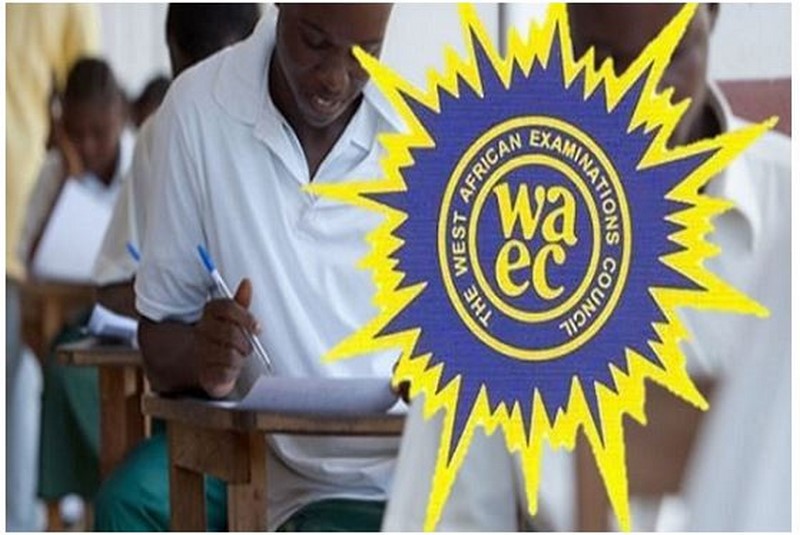adverts
The High Court in Accra has directed the West African Examinations Council (WAEC) to immediately release the withheld results of 10,516 West African Senior School Certificate Examination (WASSCE) candidates.
The ruling, delivered by Justice Ali Baba Abature, declared WAEC’s decision to withhold the results unjustified, citing the lack of precise reasons given by the examining body. The court found that WAEC’s explanations fluctuated between “alleged examination malpractice” and “alleged irregularities,” without clear evidence or specification of offences committed by the students.
The court emphasised that WAEC had appointed invigilators to oversee the exams, and their reports did not indicate any malpractices or irregularities. Justice Abature stressed that withholding the results indefinitely would negatively impact the future of the affected candidates, potentially hindering their opportunities for higher education and career advancement.
adverts
The ruling followed a motion for mandamus filed by the legal team representing the affected candidates, led by Martin Kpebu. The applicants challenged WAEC’s decision, arguing that it violated their right to a fair process and caused undue hardship.
In granting the application, the court ruled:
- WAEC failed to provide clear reasons for withholding the results, violating the students’ right to be informed of the specific offences they allegedly committed.
- The withholding of results poses a significant risk to the academic and professional futures of the affected students.
- WAEC’s own invigilators did not report any irregularities or malpractices during the examinations.
- The court acknowledged that some universities had already closed their admission portals, denying the students an opportunity to apply for higher education.
“The continuous withholding of the exam results does not bode well for the future growth and development of the country, especially as the respondent had invigilators who have not reported any malpractices,” the court ruled.
During the proceedings, Counsel for the Applicants argued that WAEC’s lack of specific charges against the students made it impossible for them to respond or defend themselves. Martin Kpebu contended that WAEC’s inconsistent use of “examination malpractice” and “examination irregularities” demonstrated a lack of procedural fairness.
“WAEC failed to pin the applicants to any specific irregularity, violating their fundamental rights,” Kpebu stated. He further argued that WAEC’s vague classification of alleged offences left students “groping in the dark” about what they had supposedly done wrong.
Additionally, Kpebu highlighted that universities such as the University of Ghana and KNUST had closed their admission portals, denying students the chance to enrol for the current academic year due to the withheld results.
WAEC’s legal team opposed the application, challenging the capacity of the applicants to file the suit on behalf of over 10,500 students. WAEC also argued that:
- The process of investigating alleged irregularities takes time due to the large number of students involved.
- WAEC had invited affected candidates for a hearing, but the applicants had not responded.
- The examination body was within its rights to withhold results until its internal investigations were concluded.
However, the court dismissed these arguments, stating that WAEC failed to provide concrete evidence of ongoing investigations or malpractice reports from invigilators. The judge ruled that Order 81 of the legal framework addressed the procedural defect in the applicants’ case, thereby allowing the motion to proceed despite the lack of individual authorisation from all affected students.
The court’s decision is seen as a major victory for students and their families, who have been anxiously waiting for the release of their results. It also sets a legal precedent for transparency in examination administration, ensuring that students are given a fair hearing before punitive actions are taken against them.
With the ruling, WAEC is now obligated to release the results immediately, allowing students to pursue their academic and professional aspirations without further hindrance.
It remains to be seen whether WAEC will comply with the ruling or seek an appeal. However, for the thousands of students affected, this judgement provides hope and relief, restoring their right to access the results of their hard work.
GOT A STORY?
Contact/WhatsApp: +233243201960 or Email: manuelnkansah33@gmail.com


